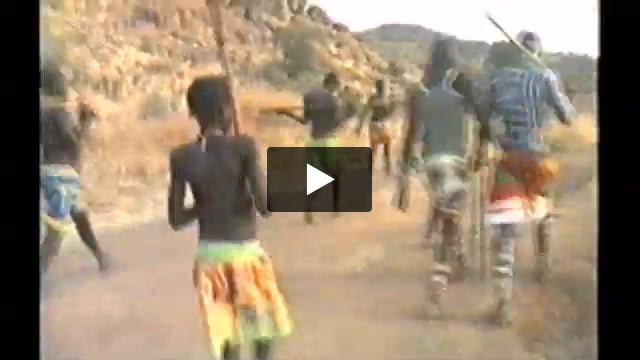Good news for the Nuba?
February 28, 2002
This page was last updated in 2002 and may contain language which is now outdated.
Over the last ten years the Nuba tribes of central Sudan have been caught in the middle of the vicious civil war between the Islamist government of Sudan and the rebel movement based in the south of the country. Much of their land has been taken over by large-scale commercial agriculture with government approval, and many Nuba have sided with the rebels. The Nuba mountains have been cut off from the outside world for the last decade; in the meantime villages are bombed by government planes, people are carried off to internment camps, farmers cannot grow their crops and people are in desperate need of food and medical supplies.
Now, however, they may have a chance.
On 19 January 2002, representatives of the Sudanese government and the SPLA signed a six-months ceasefire agreement, covering the whole of the Nuba Mountains. The initiative came from US Special Envoy for Peace to the Sudan, former Senator John Danforth, who last year launched a new initiative for humanitarian access and peace in Sudan and gave priority to the plight of the Nuba. A temporary ceasefire agreement had been signed in November 2001, and already aid has begun reaching the mountains.
The negotiations were held in Burgenstock, Switzerland, and were facilitated by the Swiss government; reportedly this was partly because the Swiss Ambassador to Kenya had been moved by seeing the film 'Nuba Conversations' in Nairobi in January 2001 – a showing that Survival helped to arrange and publicise.
However, unless both sides hold to their agreement the initiative will fail and the bombings will start again. Suleiman Rahhal of the organisation Nuba Survival commented, 'Nuba are pleased with this accord, which is a step in the right direction. However, the road to peace in the Nuba Mountains is still a long one.' Survival has written to Mr Danforth and the Sudanese authorities urging them to allow independent monitors into the mountains to oversee the delivery of aid and any future ceasefires.


